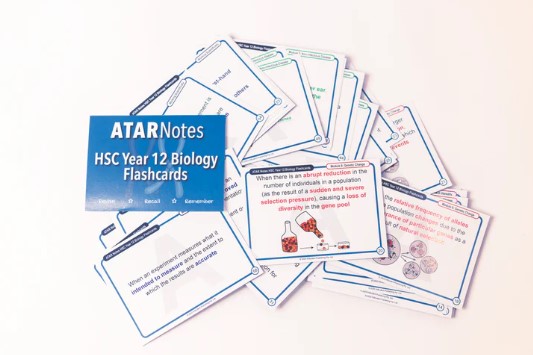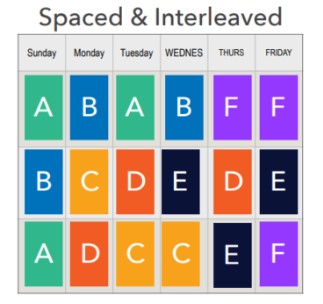How to Actually Retain What You Study: HSC & Exam Tips That Work
If you’re preparing for the HSC, chances are you’re spending a lot of time studying but how much of that information are you actually retaining?
It’s a common frustration. Many students read their notes over and over, only to forget everything the moment they sit the exam. The good news? Retaining information is less about the number of hours you study, and more about how you study.
Here are six proven study techniques we recommend to our students designed to help you hold onto what you learn and walk into the exam room with confidence.
1. Active Recall: Don’t Just Re-Read and Retrieve
One of the most effective ways to study is also one of the simplest: test yourself regularly.
Instead of re-reading your notes, try closing the book and seeing how much you can recall from memory. This practice, known as active recall, strengthens the brain’s ability to retrieve information, exactly what you need in exam conditions.
Practical tip:
- Use flashcards, practise questions, or simply write down everything you remember from a topic.
- Start small: Try recalling the key points of a single syllabus dot point without looking.

2. Spaced Revision: Give Your Brain Time to Absorb
It’s tempting to cram everything in the week before the exam, but the brain doesn’t work that way. We retain information better when we revisit it consistently over time.
This method, known as spaced repetition, helps move information from short-term to long-term memory.
Practical tip:
- Review content at set intervals: for example, revisit a topic 1 day, 3 days, and 7 days after first studying it.
- Use a study planner to map this out, it doesn’t have to be complicated.
3. Teach What You’ve Learned
One of the best ways to check your understanding is to teach it to someone else. When you explain a concept out loud (even to yourself), you’re forced to simplify and clarify your thinking.
If you can’t explain it clearly, you probably don’t understand it well enough yet.
Practical tip:
- Try teaching a friend, sibling, or parent or even record yourself talking through a concept.
- Focus on explaining key ideas in simple terms without looking at your notes.
4. Mix It Up: Interleaved Practice
Many students study one subject or topic at a time in long blocks. But research suggests that mixing different topics or even different subjects within a study session improves retention and understanding.
This approach is called interleaved practice.
Practical tip:
- Instead of spending an entire afternoon on one topic, alternate between two or three.
- For example: 30 minutes of Modern History essays, followed by 30 minutes of Maths problem-solving, then a short break.

5. Use Visual Tools, But Use Them Actively
Visual learners can benefit from tools like diagrams, mind maps, and timelines but simply creating these isn’t enough. The key is to engage with them actively.
Practical tip:
- Redraw a diagram or mind map from memory after creating it.
- Use colours to highlight connections between ideas, especially in subjects like Biology or English.
6. Rest Is Part of the Process
It’s easy to underestimate how much sleep, rest, and short breaks affect learning. But without proper rest, your brain struggles to store and retrieve information no matter how hard you study.
Practical tip:
- Aim for consistent sleep (7–9 hours is ideal, especially during exam weeks).
- Use short, focused sessions (e.g. 25 minutes of study, 5-minute break) to avoid burnout.
Studying Smarter, Not Harder
At the end of the day, effective study isn’t about doing more but doing it better. With the right strategies, you can retain more, stress less, and feel genuinely prepared for your exams.
If you’re looking for tailored support whether in a specific subject or with overall study habits our team at Global Education Academy can help. We work with HSC students every day to build personalised study routines, fill content gaps, and develop skills that make a difference on exam day.

Ready to take your study further?
Book a free consultation with our Head Teacher today and find out how we can support your HSC journey.
Share this article
Written by : GEA Global Education Academy
Follow us

LOCATIONS
1 / 53-55 Montgomery Street Kogarah NSW 2217
4 William Steet Turramurra NSW 2074










